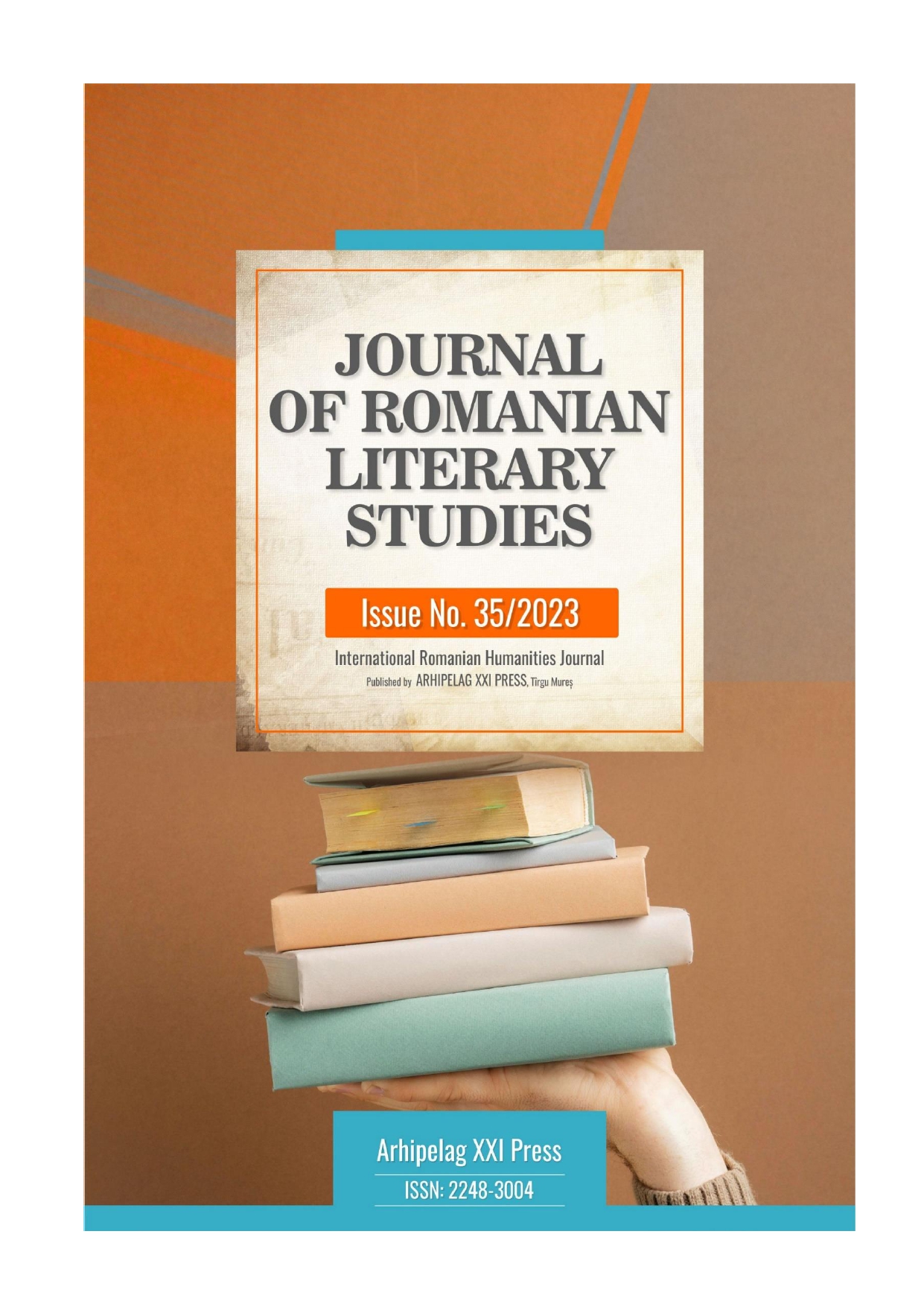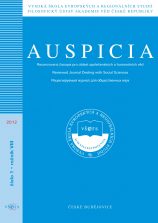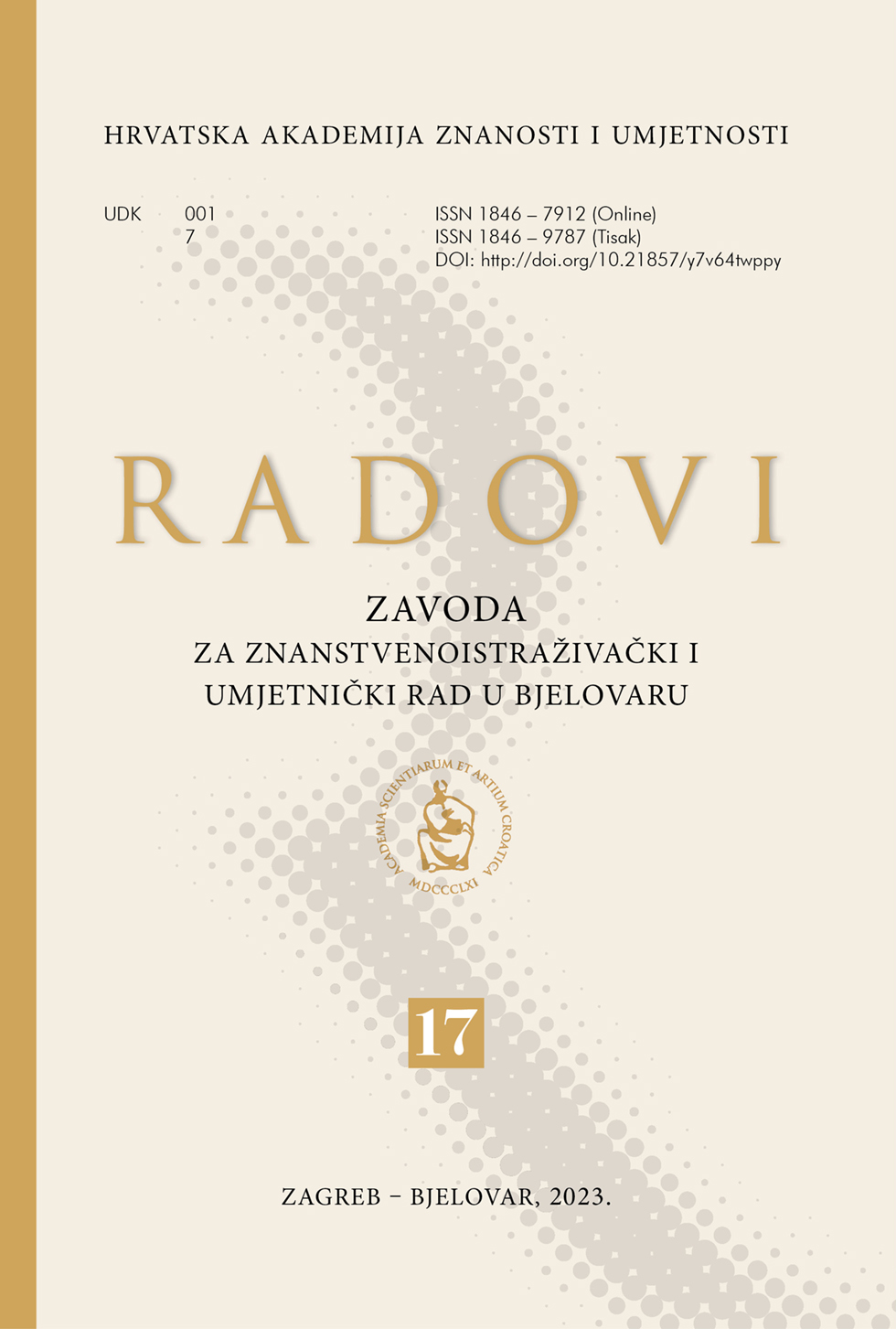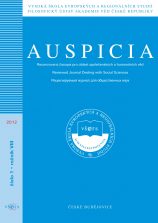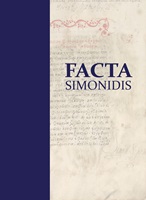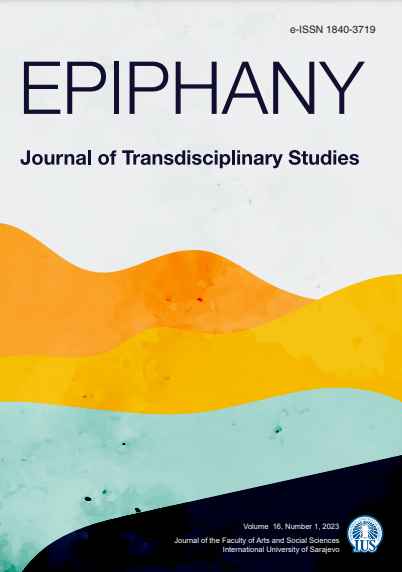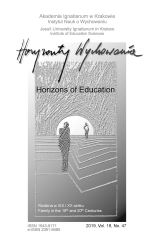
Wchodzenie w związki małżeńskie nauczycieli i nauczycielek domowych w Królestwie Polskim w XIX i na początku XX wieku
RESEARCH OBJECTIVE: The aim of the article is to present the issue of entering into a marriage of female and male home teachers who performed their professional duties in the Kingdom of Poland in the 19th century and at the beginning of the 20th century. THE RESEARCH PROBLEM AND METHODS: The article, based on memoirs and diaries, attempts to characterize the phenomenon of starting a family by people involved in home education. The emphasis is placed on barriers and obstacles which prevented home teachers from meeting the future husband or wife candidates. Due to the nature of the sources and the specificity of the research, the methods characteristic of historical sciences were applied. THE PROCESS OF ARGUMENTATION: The argumentation consists of four parts. The first one presents factors affecting the starting of a family, including barriers and obstacles which hindered entering into marriages. The second part characterizes the phenomena occurring in home education such as flirtation or love affairs. The third part discusses the choices of the teachers’ life partners. The last part addresses the problem whether marital status and family constituted an obstacle to the professional work of home teachers. RESEARCH RESULTS: As a rule, women involved in home education encountered problems in starting a family. They did not have many opportunities to meet future life partners since their work absorbed much of their free time. Men reconciled family duties with professional responsibilities. CONCLUSIONS, INNOVATIONS, AND RECOMMENDATIONS: The problem of remaining single or getting married seems to be timeless. The public opinion has a great influence on the decision to enter into a marriage. Sometimes both women and men act according to set patterns which presuppose that the duty of each sex is to start a family.
More...
